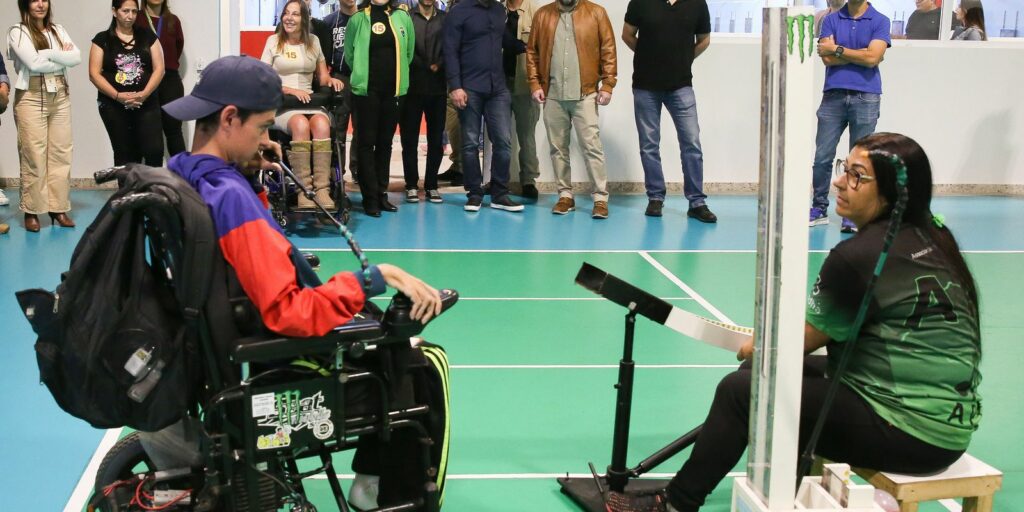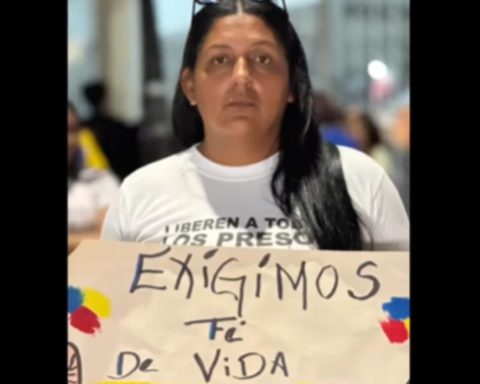Grateful for the invitation from the senators, Drs. Silvia Gilma Salame Farjat and Jorge Antonio Zamora Tardío, I recently participated as a speaker in an important forum on the bill for the pre-selection of high authorities of the judicial body.
On this occasion, I mentioned that, on these issues, we must learn from our own experience (as a country) and from others, since repeating the same thing will not lead to different results, especially if there is an error in the institutional design in the way of choosing the magistrates of the high courts and authorities of the council of the magistracy, which merits a structural and substantive reform.
We warn, in turn, that time is running out (August 2023, new high authorities of the Judicial Branch will have to be elected) and that, unfortunately, a lack of true political will can be evidenced to make a profound improvement to the justice administration system. , therefore, we are facing two types of race: a) a “race with obstacles” due to the constitutional rigidity concerning the partial reform of the Constitution; and, b) a “speed race”, through legislative reform that seeks to improve the selection process of the highest judicial authorities with greater participation of organized civil society and greater social control in the monitoring of said selection process, avoiding mislead the electorate; therefore, this Bill No. 003 (CREI) could be: 1) a valid complement, given that currently the Plurinational Electoral Body (OEP) is referring to the possibility of asking the people if they wish to create a National Commission of Nominations (according to the proposal of the independent jurists) based on the permanence of the popular vote as a mechanism of judicial election (without making root changes but rather in form); or, 2) an alternative in the event that the partial reform of the Constitution is just applied for the subsequent election of high authorities of the judicial body or the judicial referendum does not consolidate a partial reform of the Constitution.
Likewise, I pointed out the need to see things with comprehensiveness and integrity, since it would be useless to have suitable judges with a high technical level (with curricular, written, oral, analytical, argumentative evaluation processes and interviews with the participation of advisors). competent technicians) if later they (judges) will not be able to exercise their judicial independence with ample solidity in the face of interference, influence and invasion of their functions by other bodies or due to the boycott that the TCP itself may carry out of the Judicial Body (for example, by having inaugurated in the year 2016, the unprecedented and threatening stage of the transitory judges, through SCP No. 0499/2016-S2 contrary to the Constitutionality Block, jurisprudence of the Inter-American Court, e.g.: Case of Dismissed Congressional Workers vs. Peru; Constitutional Court vs. Peru, etc.) added to the existence of laws that allow the presence of political bodies such as Minister of State in judicial processes, as a pro cease, for example, art. 39 of Law 915 and art. 5 of Law No. 1390; therefore, regulatory repeals are urgently needed to prevent the permanence of Lawfare (“instrumentation of the justice system for political persecution” and “lack of judicial independence”, “aspects” that were mentioned by the GIEI Bolivia 2019 Report, UN Rapporteur Dr. Diego García Sayán, among others); a refined voter registry is required; analyze whether the OEP really enjoys the due confidence of the electorate; greater social control in the selection processes; among other suggestions.
The search and the demand for a better quality in the judicial service without corruption is not an exclusive issue for lawyers but a task for everyone, for all the inhabitants of this country.
An ethical and honest country does not waste time on lies, double talk, nor on persecution or covering up corruption. Therefore, you have to do things well and differently.
















